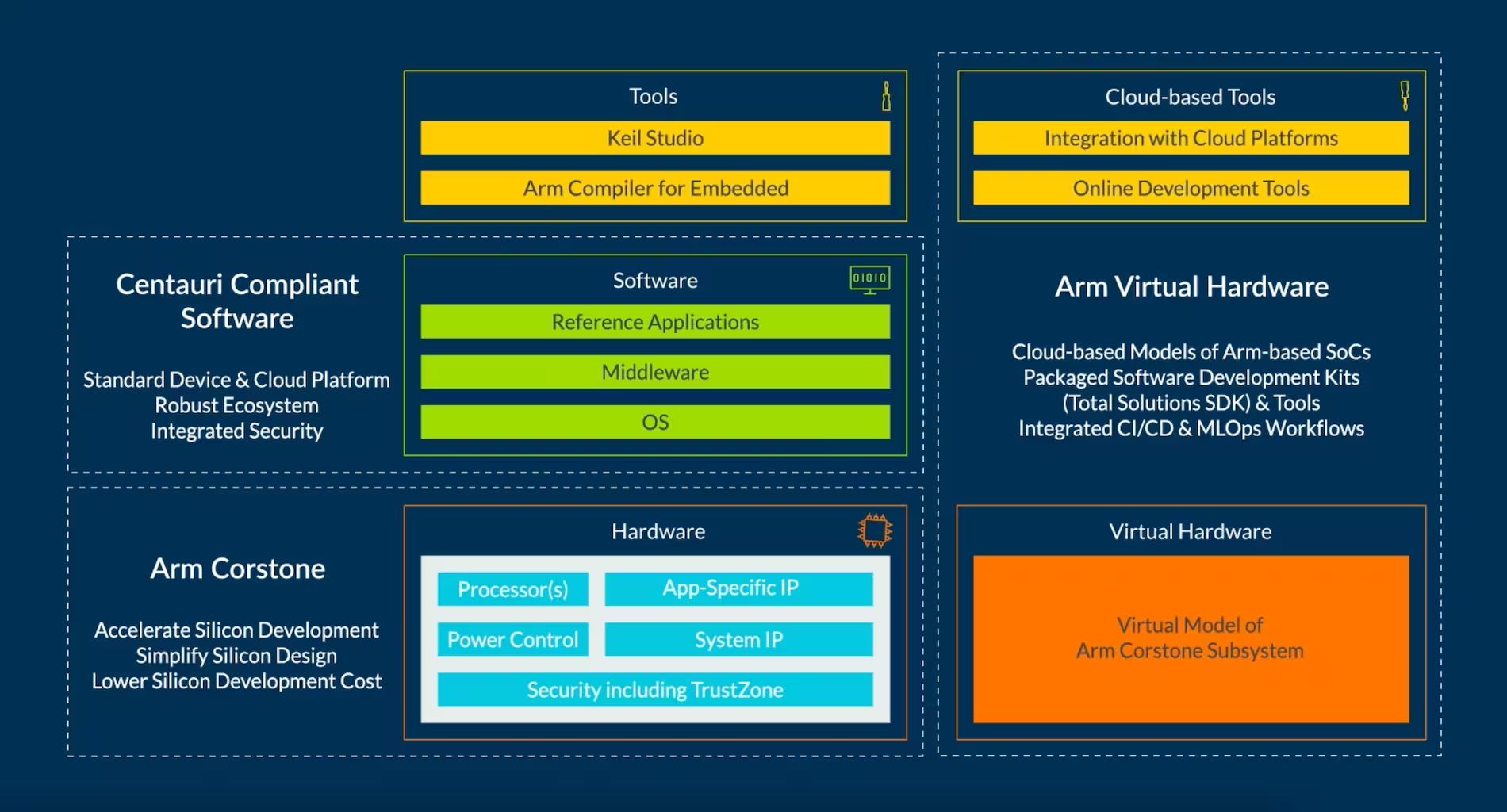Proptech startup Cedar is set to revolutionize the way cities are built with its innovative generative building design software. Co-founded by Kyle Vansice, Nate Peters, and Rahul Attraya, the company aims to reduce the time and cost associated with sourcing and evaluating new housing projects for real estate developers.
Key Takeaway
Cedar’s generative building design software holds the potential to revolutionize urban development by reducing costs, saving time, and addressing the housing market shortage. By leveraging cutting-edge technology, Cedar aims to assist real estate developers in maximizing the financial value of their properties and ultimately contribute to more efficient and affordable housing solutions.
The Challenge: Housing Market Shortage
The current state of the housing market in the United States is characterized by a shortage of approximately 6.5 million homes, which has led to increasing home prices. Simultaneously, mortgage rates have also risen, further exacerbating the affordability crisis.
Recognizing these challenges, Cedar decided to tackle the issue through its software solutions, focusing on urban infill development. Urban infill development involves adding housing to already developed neighborhoods to increase density, and it represents an overlooked real estate typology that lacks dedicated software.
How Cedar’s Software Works
Leveraging generative algorithms and a mix of public and proprietary data, Cedar’s platform assesses land or property and generates a variety of building designs. The primary goal is to maximize the potential financial value of a property. By utilizing this technology, developers can save months of work and hundreds of thousands of dollars on each development project while improving evaluation time by 10 times.
Additionally, Cedar’s revenue model is twofold. The company generates income through site-based analysis for customers, providing them with information on all the development scenarios available for a piece of property. They also work with city councils and economic development entities to analyze the implications of various code amendments.
Austin as a Test Case
To prove the effectiveness of their software, Cedar’s co-founders decided to test their theory in Austin, Texas. This vibrant city, like many others in the US, has experienced a shift in its residents’ preferences towards living in denser, more mixed-use areas. Cedar aims to assist Austin and similar cities like Dallas, Seattle, and Los Angeles in their efforts to address the affordability crisis by densifying the urban core.
Securing $3 million in seed funding, led by Caffeinated Capital and including investors like Tishman Speyer and Kojo CEO Maria Davidson, Cedar plans to further develop its technology and expand to more cities in the next 12 to 18 months. The funding will facilitate the evaluation of 100 sites per month and allow real estate developers to consider 100 projects, ultimately increasing efficiency in the real estate market.

























